Africa plays an increasingly important role within the BRICS alliance, a group of emerging countries aiming to reshape global balances. With its natural resources and growth prospects, the continent could benefit from the infrastructure, financing, and economic autonomy offered by BRICS cooperation.
Discover the stakes and challenges for Africa in this new era of international collaboration.
Introduction
The BRICS – an acronym for Brazil, Russia, India, China, and South Africa – comprise a group of emerging nations often seen as a counterweight to Western powers and a model for South-South cooperation. With the recent addition of new African members, notably Egypt and Ethiopia, along with invitations to other states, the BRICS are entering a new chapter in their history. The African continent, with its abundant natural resources and growing population, could become an influential player in this coalition, especially as it holds unmatched growth potential.
I. History and context of the BRICS
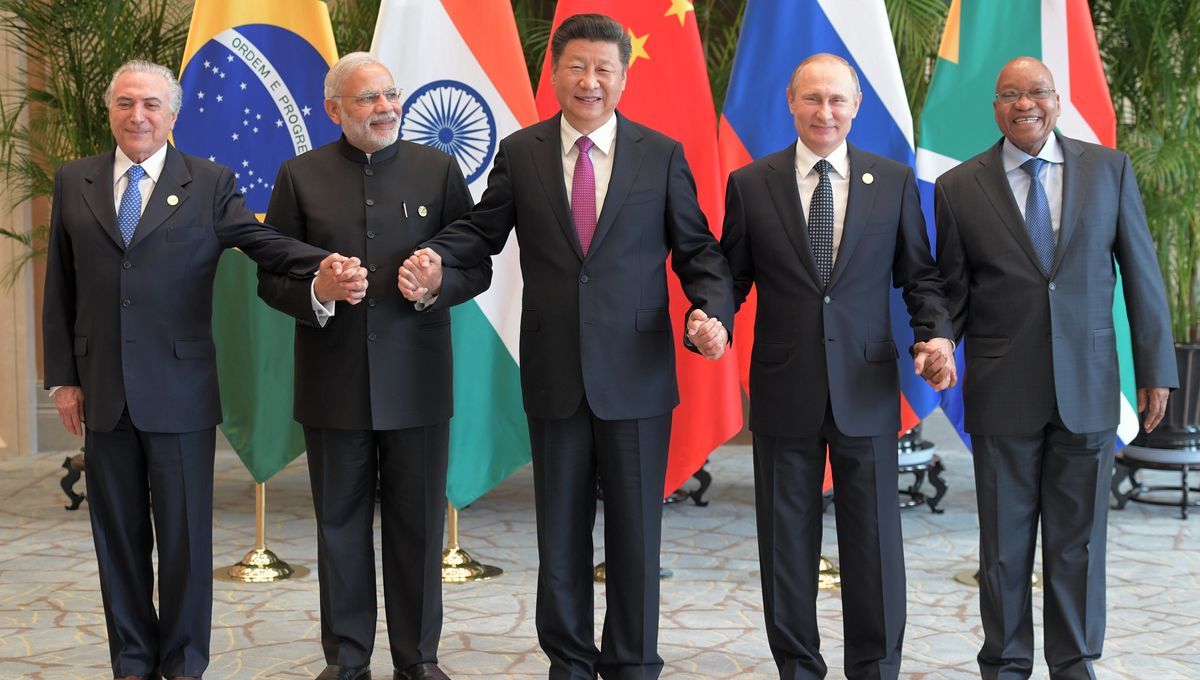
The concept of BRIC was first developed in 2001 by economist Jim O’Neill of Goldman Sachs to designate a group of countries whose growth potential and geopolitical importance would shape the global economy. In 2009, the four founding members—Brazil, Russia, India, and China—held their first summit in Yekaterinburg, Russia, to coordinate their efforts in response to the global financial crisis and consider reforms of international financial institutions. In 2010, South Africa joined the group, providing the first African representation.
Africa’s inclusion in the BRICS marks a significant step in South-South cooperation policies, with a shared interest in a multipolar world that rebalances the influence of Western-dominated institutions.
II. Economic and strategic stakes for Africa
Infrastructure investment

BRICS countries, particularly China, play a key role in financing African infrastructure. China is the main investor in African infrastructure, contributing significantly to the development of roads, railways, and ports. These investments aim to further integrate Africa into global value chains and stimulate its economic development.
Access to natural resources
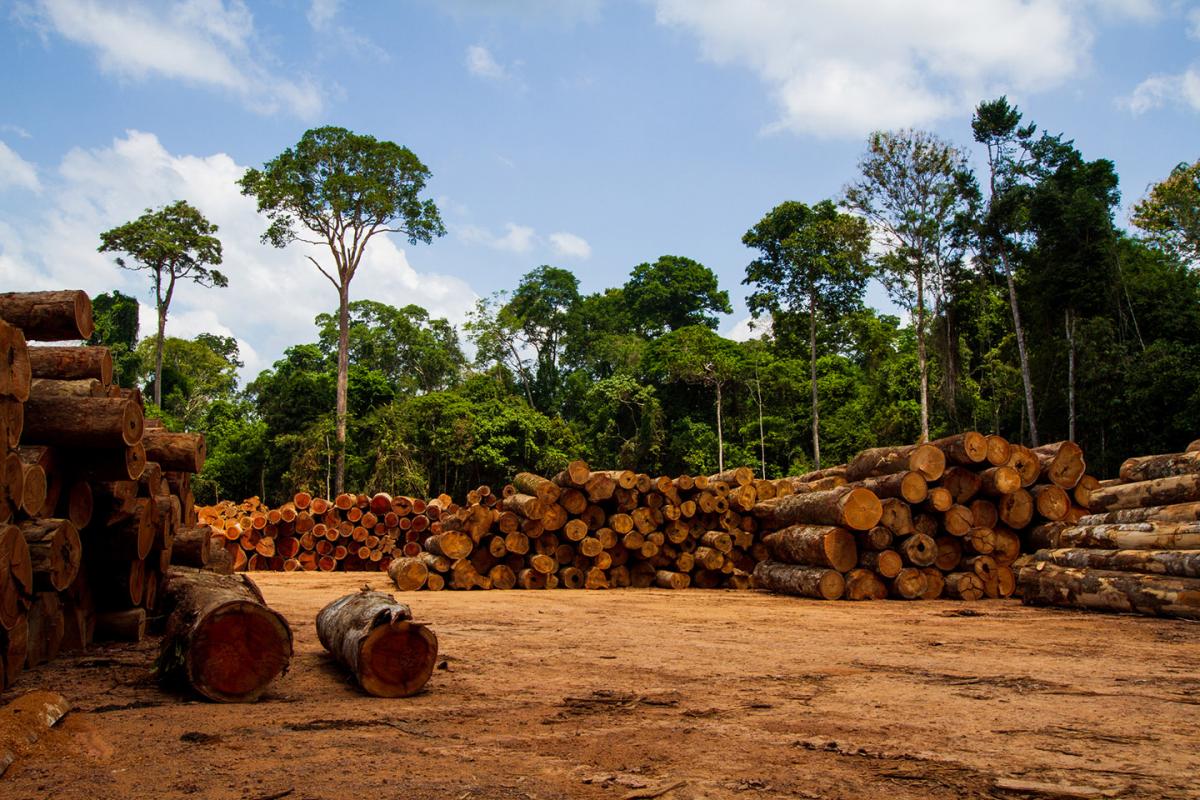
With its vast wealth of natural resources, Africa attracts the interest of BRICS members, particularly China and India, which see it as a strategic partner for sourcing essential raw materials for their industries. African oil, gas, rare minerals, and arable land represent strategic assets that support their industrial growth.
BRICS development bank
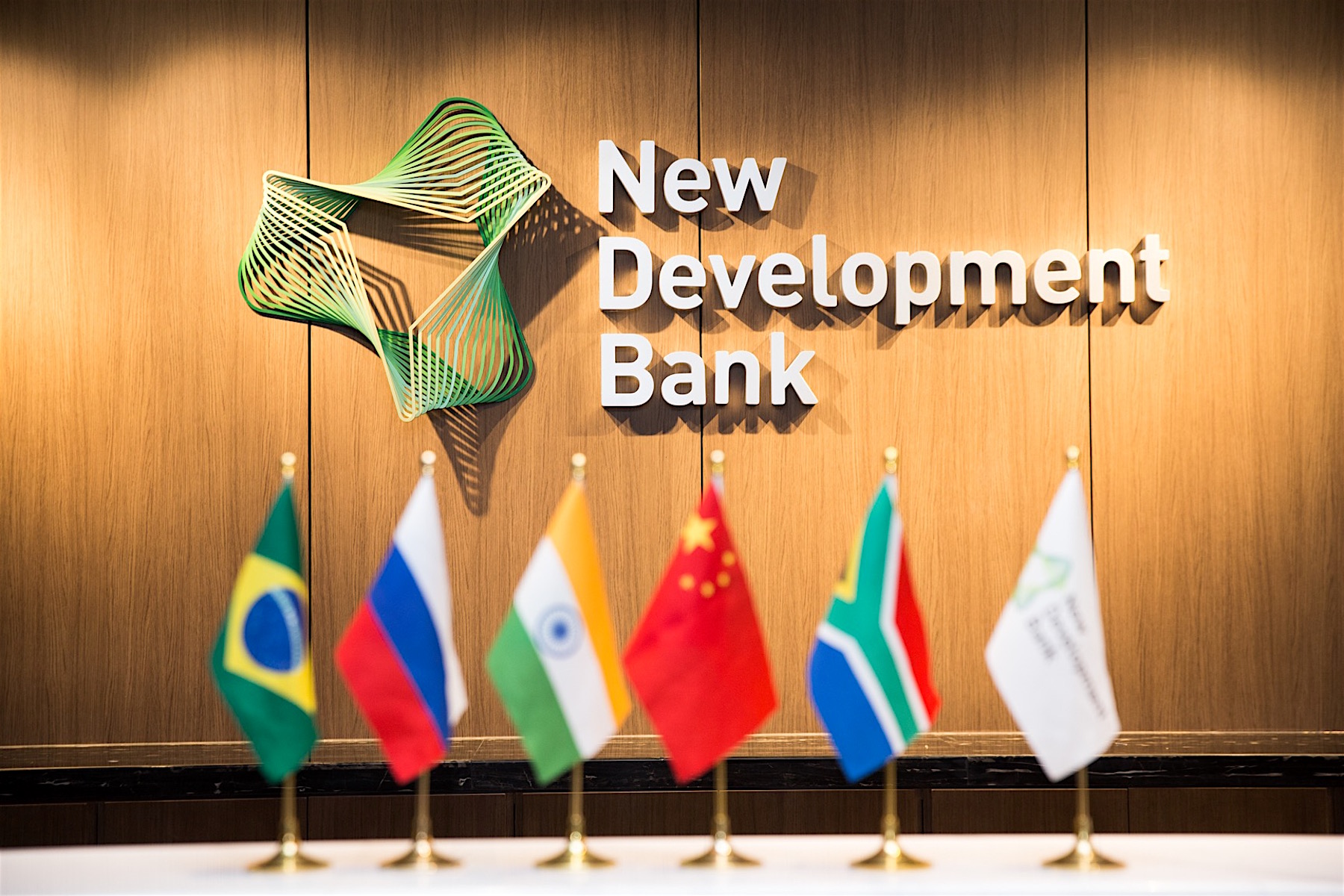
In 2015, the BRICS created the New Development Bank (NDB), a multilateral financial institution aimed at financing infrastructure and development projects in member countries. This bank serves as an alternative to international financial institutions like the IMF and the World Bank, often criticized for their conditional policies. Through the NDB, Africa benefits from a more flexible financing source for its development projects.
III. Challenges and limitations for Africa in the BRICS
Power asymmetry

Despite South Africa’s presence in the group, Africa remains a minority within the BRICS. This imbalance limits its influence in strategic decisions, which could pose long-term challenges if African priorities are insufficiently considered.
Economic dependence and debt risks
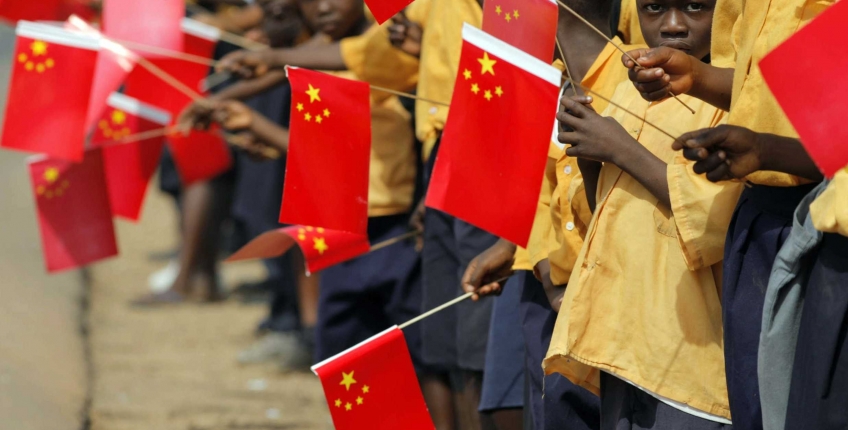
Although BRICS investments are crucial for African development, excessive dependence on China, for example, increases debt risks. Several African countries are already in debt to China, limiting their economic autonomy and ability to diversify partners.
Governance and social standards
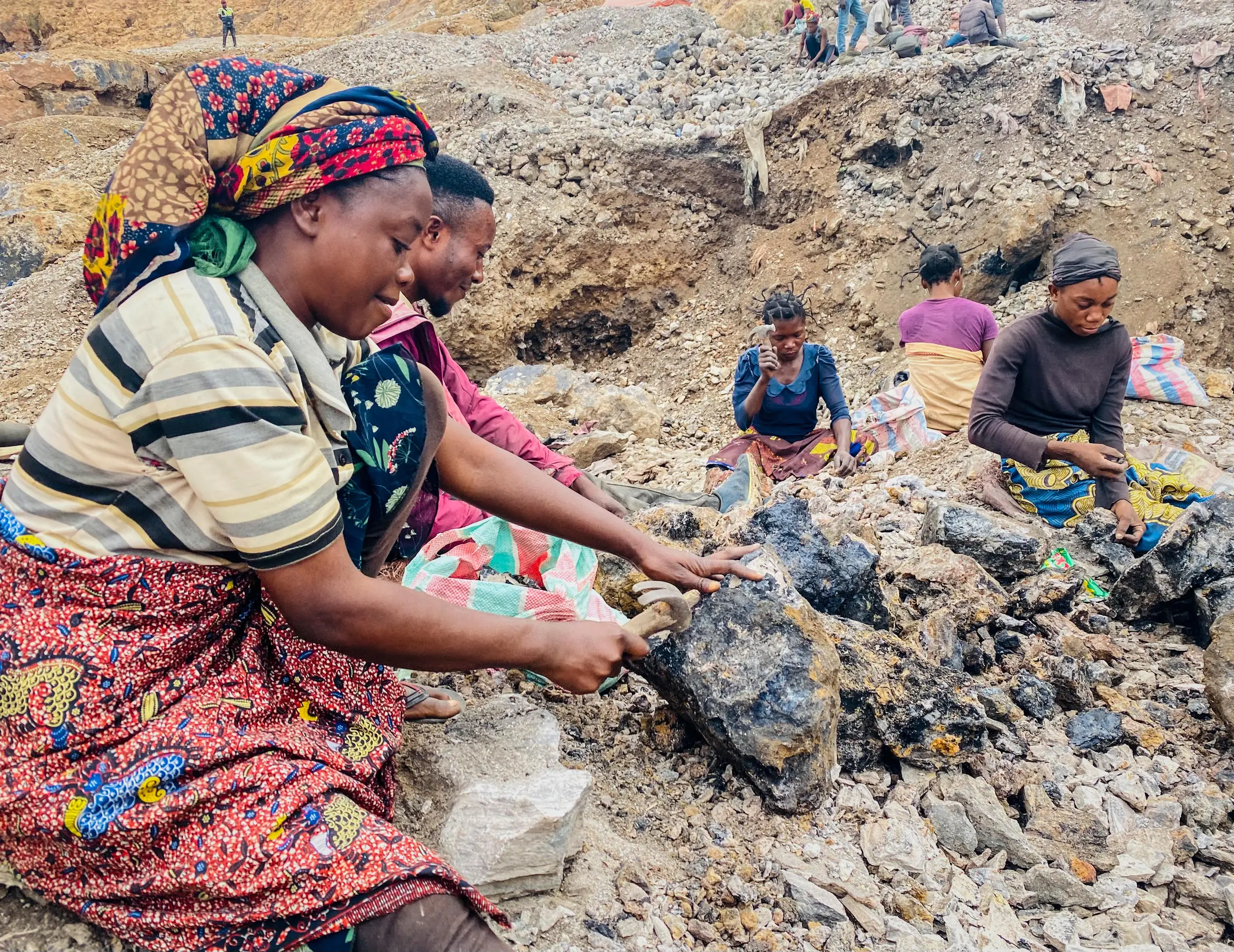
Working conditions and social standards associated with certain BRICS-funded projects, particularly those funded by China, are often criticized for lacking transparency and poor working conditions in the mining and industrial sectors. This raises questions about the sustainability of these partnerships and their social impact.
IV. Opportunities and strategies for Africa
Strengthening Africa’s voice in international forums
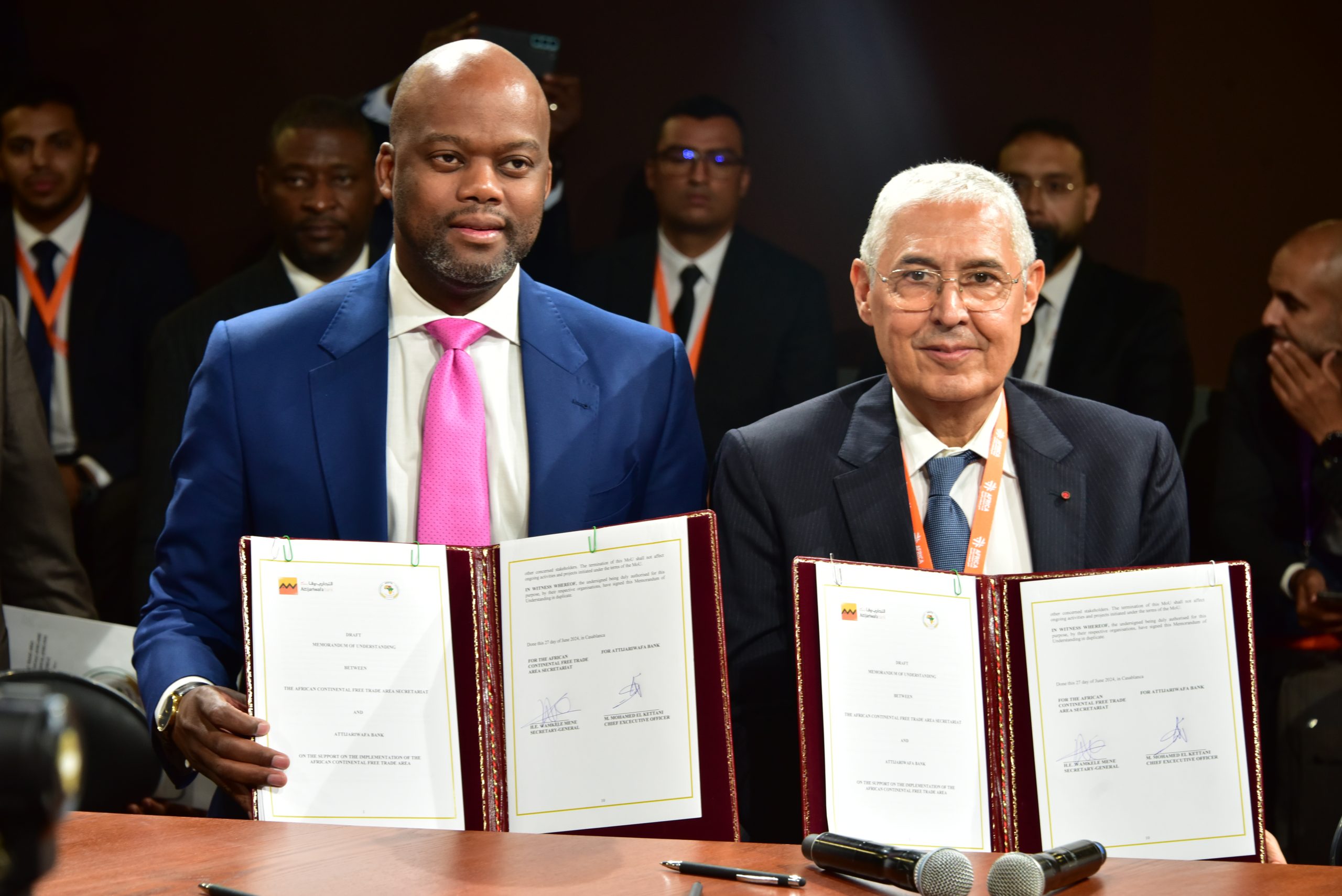
Africa’s membership in the BRICS strengthens its voice in international institutions and enables it to advocate for a fairer global order. By working with other BRICS members, Africa can advance its shared interests in the face of major Western powers.
Accelerating ecological transition
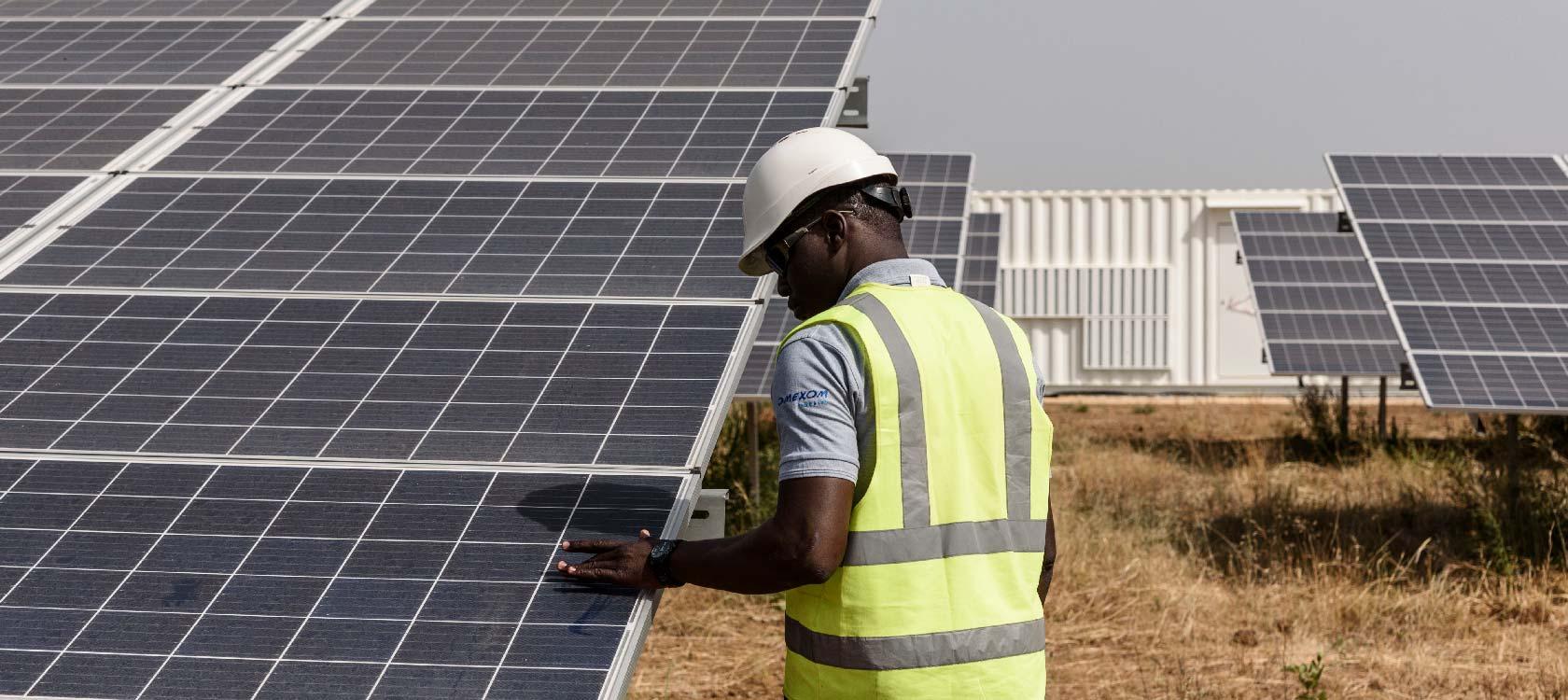
Cooperation with the BRICS could also support Africa’s ecological transition. Investments in renewable energy, particularly with assistance from China and Brazil, pave the way for energy diversification. By positioning itself as a partner in the fight against climate change, Africa could attract more green financing.
Developing a common currency or alternative payment system
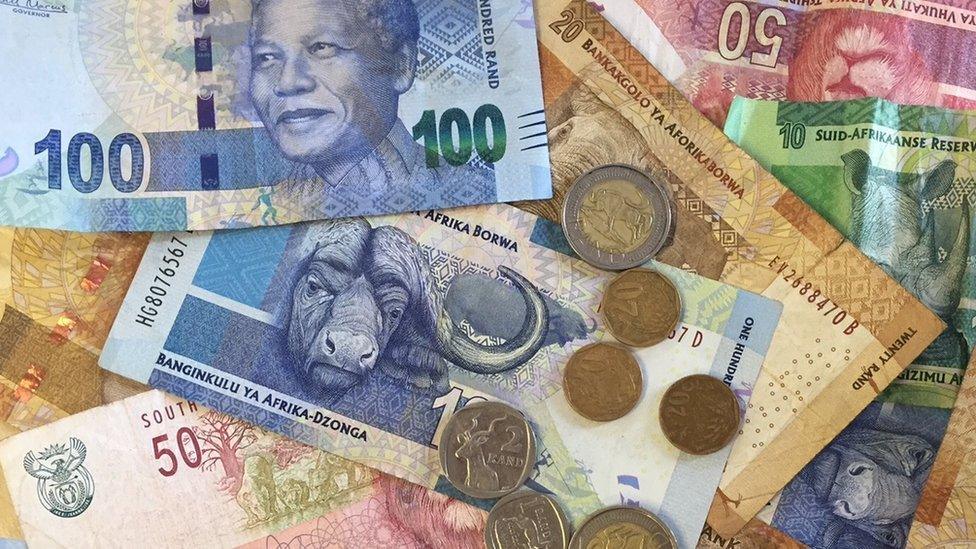
The BRICS are considering the creation of a common currency or an alternative payment system to the U.S. dollar. This approach, which would reduce dependency on dollar transactions, presents interesting prospects for Africa. It could enable African countries to trade more freely with partners without facing dollar fluctuations and the restrictions of Western economic sanctions.
Conclusion
Africa’s role in the BRICS is continually evolving, offering considerable economic and strategic opportunities while posing significant challenges. As the BRICS expand their global influence, Africa—with its natural resources and demographic potential—serves as a strategic asset in building a multipolar order. However, African leaders must ensure these relationships are balanced to maximize benefits for their populations and avoid a new form of dependency.
References
- O’Neill, J. (2001). “Building Better Global Economic BRICs.” Goldman Sachs.
- Cheru, F., & Obi, C. (2010). The Rise of China and India in Africa: Challenges, Opportunities and Critical Interventions. Zed Books.
- Lopes, C. (2019). Africa in Transformation: Economic Development in the Age of Doubt. Palgrave Macmillan.
- Bond, P. (2015). BRICS: An Anti-Capitalist Critique. Pluto Press.
- New Development Bank. (2023). “Annual Report.”
- Biziwick, M., Cattaneo, N., & Fryer, D. (2015). “The Rationale for and Potential Role of the BRICS Contingent Reserve Arrangement.” South African Journal of International Affairs.
- Moyo, D. (2009). Dead Aid: Why Aid is Not Working and How There is a Better Way for Africa. Farrar, Straus and Giroux.
- Prashad, V. (2014). The Poorer Nations: A Possible History of the Global South. Verso.
- Stuenkel, O. (2020). The BRICS and the Future of Global Order. Lexington Books.
- Sharma, R. (2022). Emerging Markets and the Green Revolution. Global Policy Institute.
- Dagres, H. (2023). “China’s De-dollarization Message Finds a Receptive Audience in North Africa.” Atlantic Council.
